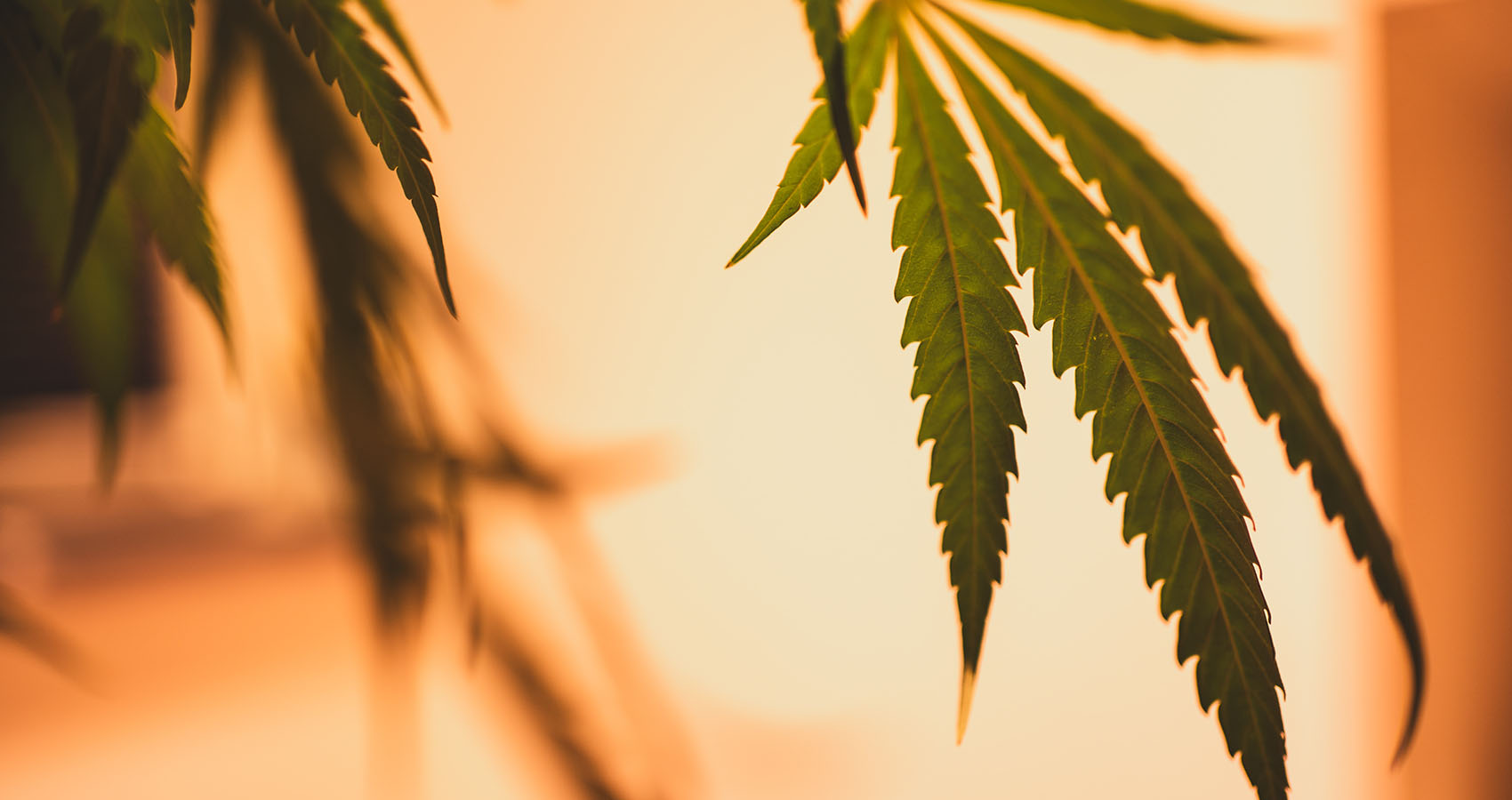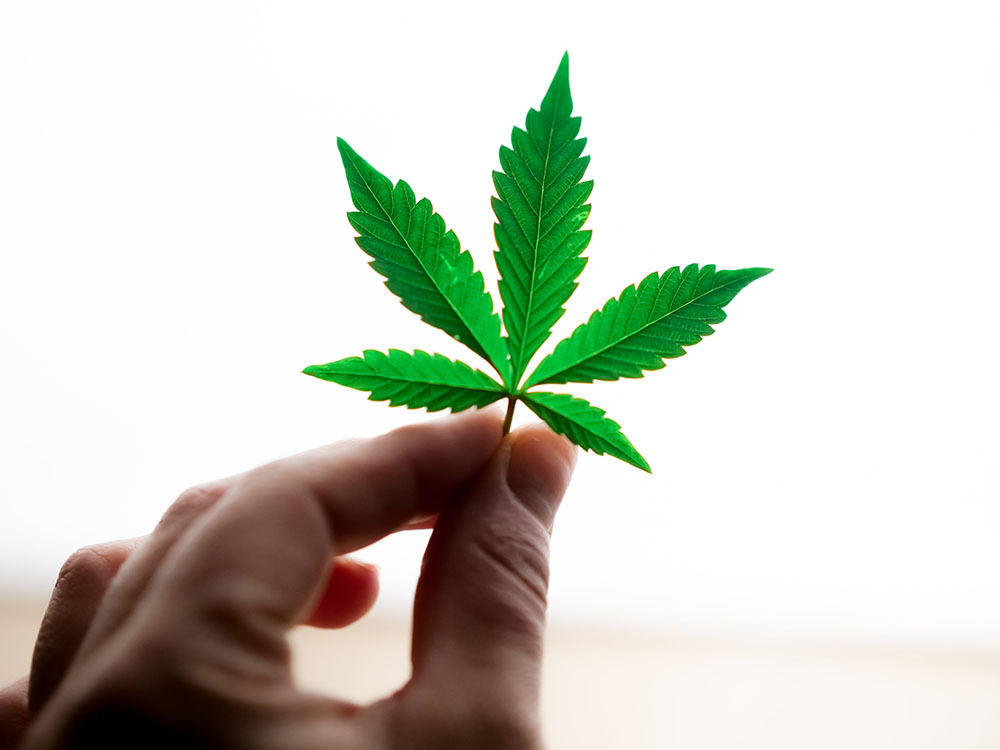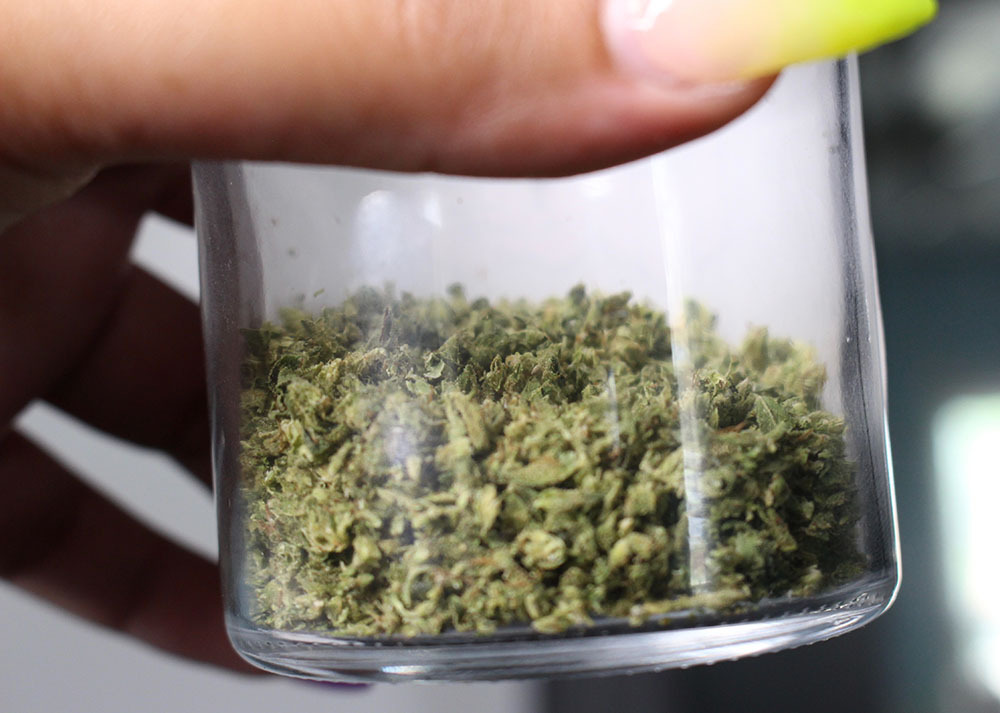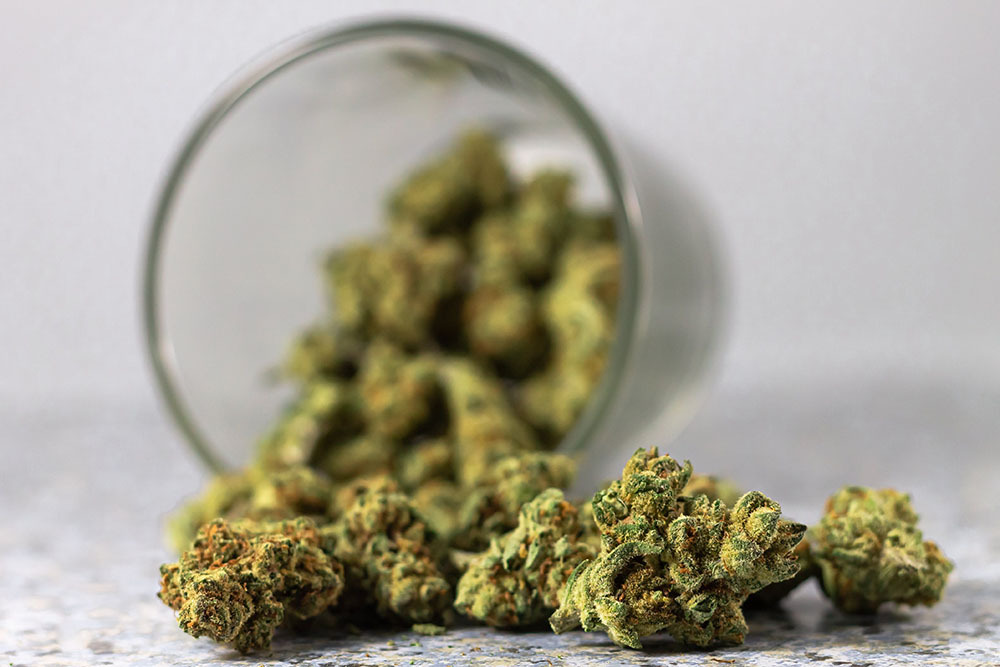
A Comprehensive Guide into Myths & Truths About THCa
Exploring THCa's health benefits.
If you’re curious to learn more about it, you’ve come to the right place. This article will unravel the truths and misconceptions surrounding THCa.
We’ll help you navigate its non-intoxicating essence, potential health benefits, and how heat plays a role in its transformation!
So, let’s jump right into learning more about’s THCa enigma and how fascinating this cannabis plant can be for so many reasons.
What is THCA?
Let’s go back to the basics and find out what THCA is.
Short for Tetrahydrocannabinolic Acid, THCa is a cannabinoid that naturally occurs in the Cannabis plant. Unlike THC though, it doesn't make you feel high.
In fact, think of it as THC's precursor, but with a small yet crucial difference – the "a" in THCa. It signifies its acidic nature, and this acid part makes THCA polar. Which basically means it doesn't connect with cannabinoid receptors.
The key thing distinguishing high THCa flower from THC actually lies in its chemical structure – a carboxylic acid group that’s wedged in a specific spot on the molecule. This unique composition is what keeps THCA from getting you high when you consume raw cannabis.

How Does it Work?
THCa operates uniquely among cannabinoids, and even though it doesn't directly engage with CB receptors, it has shown promise in minor studies as an effective pain treatment.
The great thing about this compound is that it interacts with enzymes responsible for triggering pain and inflammation, like cyclooxygenase and tumor necrosis factor alpha. Upon interaction, the compound curbs these enzymes, stopping the inflammation from spreading at its roots.
Surprisingly (although not so surprisingly), THCa has proven to be more potent in pain relief compared to its metabolite, THC. Moreover, it interacts with interleukin 10, a component that’s found in our body's lymphatic system, and uses it to alleviate pain. Once THCA binds with this protein, it amplifies its pain-relieving effects.
However, keep in mind that these are just a few known effects of THCA.
Further research is essential to uncover more about how this molecule operates and what its potential is when it comes to treating various other conditions.
How Can THCa Help When it Comes to Treatment?
THCA looks really promising as a natural option when it comes to pain relief, especially compared to strong painkillers like opioids. On the other hand, scientists have found that it's great at protecting our brain. It helps to fight inflammation and seizures as well.
But there’s more:
-
Chronic Pain: Based on THCa's interaction with pain-triggering enzymes and its proven effectiveness in pain relief makes it a compelling option for managing chronic pain conditions.
-
Inflammation and Arthritis: Studies indicate that THCA has potential in fighting inflammation, and so it presents a promising avenue for those suffering from arthritis and other inflammatory conditions' management.
-
Gastrointestinal Disorders: People suffering from conditions like Crohn's disease and Inflammatory Bowel Disease (IBS) might benefit from THCA's anti-inflammatory properties, potentially easing symptoms associated with these disorders.
-
Neurological Conditions: THCA's neuroprotective properties make it a perfect candidate for conditions like epilepsy, offering a potential source for seizure management.
- Nausea and Cancer: Recent evidence shows THCA's role in reducing nausea, especially in cancer patients undergoing chemotherapy, presents a supportive measure when dealing with treatment-related side effects.
As you can see, there are a lot of ways THCA could be really helpful for lots of health problems. However, scientists are still working on it to understand exactly how it works and where it can be applied best to help more people in need.

Myths & Truths About THCa
Now that we've covered the basics, it's time to get down to the real reason why you came here - to figure out which is the truth and which is a myth. Well, let's get right to it then!
Myths:
-
THCa is ineffective: There are some who believe that THCa doesn't do much, but studies suggest otherwise. They indicate its potential to manage inflammation, and pain and even reduce nausea.
-
THCa absence in cannabis: There's a common misconception that THCa isn't only present, but it also exists abundantly in raw cannabis. However, the case is that its levels decrease when exposed to heat or stored for extended periods
- THCa lacks effectiveness: There's a belief that since THCa doesn't bind to specific body receptors, it may not even have any real effects. Yet, ongoing evidence and studies show there are potential positive impacts that we can benefit from.
Truths:
-
THCa for pain and inflammation: Some scientific studies support THCa's role in managing pain and reducing inflammation. It is particularly beneficial for conditions like arthritis and other inflammatory diseases.
-
Non-psychoactive nature of THCa: Contrary to popular belief, THCa doesn't produce a high, unlike THC. It's the transformation of THCa into THC that's triggered by heat, which then induces psychoactive effects.
- Need for further research: Despite what we already know about THCA, its full scope of benefits requires more comprehensive studies to grasp its potential. And determine what kind of impact it can have on health and wellness.
Possible Side Effects and Interactions
There are some who say that THCa doesn't have many side effects. However, there are also others who think it could have similar effects to THC. If you're sensitive to THC, chances are THCA might cause similar reactions.
Here are some common THC side effects that could happen with THCA:
- Dry mouth
- Red eyes
- Feeling dizzy
- Faster heartbeat
- Tiredness
Keep in mind that these side effects might not be as strong with THCA. The good feelings from THC, like feeling really happy or creative, also probably won't happen with THCA because it doesn't make you high.
Still, THCA can show up on a drug test, especially if you used it a few days ago.
There's also the case where THCA might also interact with other drugs you're taking. So, it's smart to talk to your pharmacist or doctor before using THCa, and also if you're taking other medicines.

Does THCA Do Anything?
Some evidence shows that acidic cannabinoids, like THCA, could have positive effects. However, some people argue that since these cannabinoids don't attach to certain body receptors, they might not produce any real effect at all.
Also, THCA isn't very stable and is usually found in tiny amounts in dried cannabis.
THC and THCA might work together to give some health benefits. When people use raw cannabis, like by juicing the plant without cooking it, they might not get the full high they'd normally get from THC.
What is THC?
Speaking of THC so much, let's find out what it really is. THC, known as delta-9-tetrahydrocannabinol, is the main compound in cannabis that makes you feel high.
THC teams up with your body's endocannabinoid system when you use it. Remember that this system looks after many things in your body, like your mood, hunger, and even how you feel pain.
THC is special because it connects with spots in your brain and body called cannabinoid receptors (CB1). This connection can cause different effects, like changing your feelings, making you hungrier, or easing pain.
Research Findings on THC's Benefits:
-
Pain Relief Potential: There are some studies that show THC can help ease long-lasting pain, especially nerve-related and certain medical condition-related pains.
-
Reducing Nausea and Vomiting: Although limited right now, research shows THC could help to reduce nausea caused by treatments like chemotherapy.
-
Boosting Appetite: THC is famously known for sparking hunger. This can be really helpful for those who suffer from certain medical conditions.
-
Relaxation Effects: THC seems to help people feel more relaxed and happy, which might help with anxiety or depression. But keep in mind, in high amounts, it can have the totally opposite effect, too.
- Aid in Sleep: There are some studies that show that THC can help with sleep by making the body relax and reducing anxiety. However more research is still needed to confirm this.

How THCA Is Converted Into THC
Lastly, let's talk about how THCa is converted into THC. THCA changes into THC when the cannabis plant is either heated or when it gets older.
Firstly, when cannabis is first picked, it has lots of THCA but very little THC. However, once you heat it by baking, vaping, or smoking, that's then the THCa turns into THC. This makes the compound stronger and, as a result, gives it its high effects.
Interestingly, did you know as cannabis gets older and is out in the sun, it naturally changes THCA into THC? This is why you'll find that older cannabis has more THC than fresh plants.
However, we'd urge you to be careful because if you heat up the cannabis too much, then chances are it will ruin the THC content, as a result making it less effective. On the other hand, if it's not heated enough, then you won't get enough THC content to get high off properly.
Final Thoughts
In conclusion, we'd like to say that when it comes to THCA, there's still a lot to learn and understand. And despite that fact, THCA seems to have some surprising health benefits like helping with pain, reducing swelling, and maybe even calming nausea.
But there's still much to figure out about how it works and can help people the most. If you're interested enough, then you can keep an eye on the ongoing research regarding THCa.











